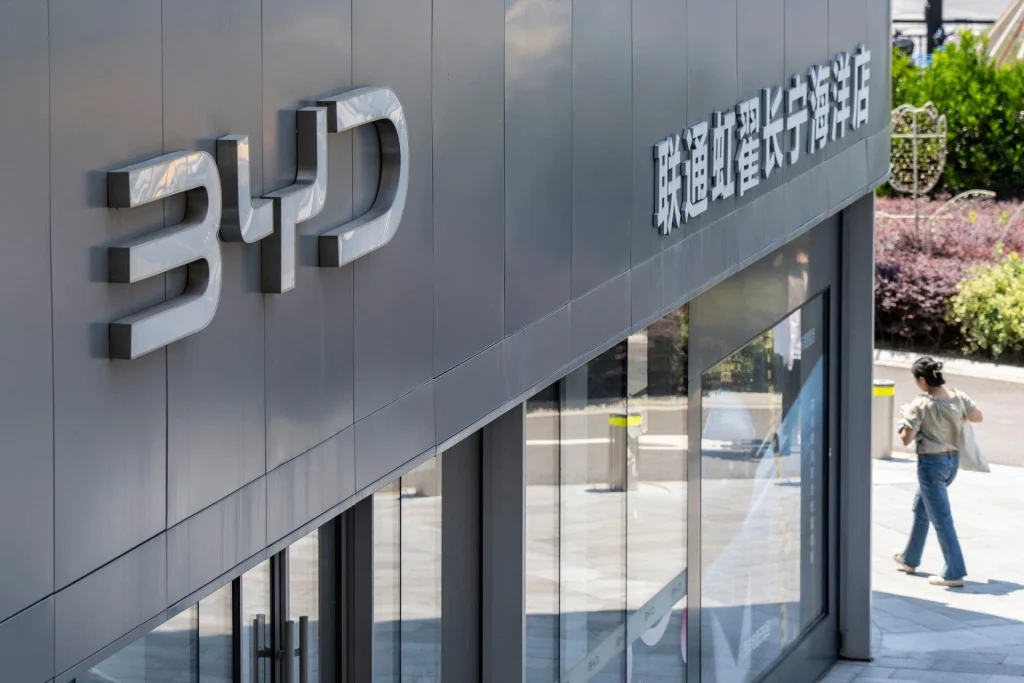[SHANGHAI] Major Chinese car manufacturers have pledged to make payments to suppliers within 60 days, responding to a recent outcry from steelmakers over long payment times as well as regulatory pressure as the backlash to a punishing price war grows.
Chinese authorities issued new rules in March that require big companies to settle most payments with suppliers within 60 days, which became effective June 1. However, suppliers had been worried that there were loopholes for the rules to be circumvented.
Automakers issuing pledges on Wednesday (Jun 11) included BYD, Chery and state-owned automakers BAIC and SAIC as well as smaller players like Xpeng and Xiaomi.
Chery in its statement, for example, said it would strive to speed up the turnover of capital in the supply chain. But like other automakers, it did not mention how much of an improvement this would represent.
The pledges come after China’s industry ministry summoned automakers to a meeting last week where they were told to put an end to the price war and excessive competition – factors which have put tremendous pressure on the industry’s supply chain.
Even so, the China Iron and Steel Association felt compelled to publish a statement on Tuesday that said steel companies were struggling with little profit margin and mounting liquidity pressure as some automakers have been asking for price cuts of more than 10 per cent since last year and delaying payments by months.
BT in your inbox

Start and end each day with the latest news stories and analyses delivered straight to your inbox.
The association also asked Chinese automakers to learn from the steady and healthy partnerships that Japanese automakers have with their suppliers, which leave a certain amount of profit for suppliers and ensure product quality and innovation.
Tension has been high in China’s auto industry as the price war which began in early 2023 has shown little sign of abating.
In May, Great Wall Motor chairman Wei Jianjun worried openly about the deepening price war. He even said that the industry had its own version of property developer Evergrande which was liquidated last year after a major debt crisis, although he did not mention a specific auto company.
This month, Chinese auto dealers also complained, calling on automakers to stop offloading too many cars on dealerships, saying the intense price war was damaging their cash flow, driving down their profitability and forcing some to shut.
Yang Hongze, chairman of Autolink, a supplier of intelligent vehicle technologies, said he welcomed the automakers’ pledges.
“It is a pleasant but difficult change for the industry to move towards a healthy development and grow together,” he said.
But he added he would like more clarity from automakers about whether payments would be made in cash or commercial paper, and what would be considered the start date for the 60-day period to pay.
In their pledges, BAIC and SAIC vowed not to pay suppliers with commercial paper.
It was not immediately clear from their statements how often they had used commercial paper as a form of payment. The companies did not immediately respond to Reuters requests for comment.
Commercial paper has been commonly used in the property sector, popular among developers because it is not categorised as interest-bearing debt. It promises suppliers a payment on a future fixed date, usually within one year, though the suppliers sometimes sell the paper before maturity at a discount in the secondary market. REUTERS


